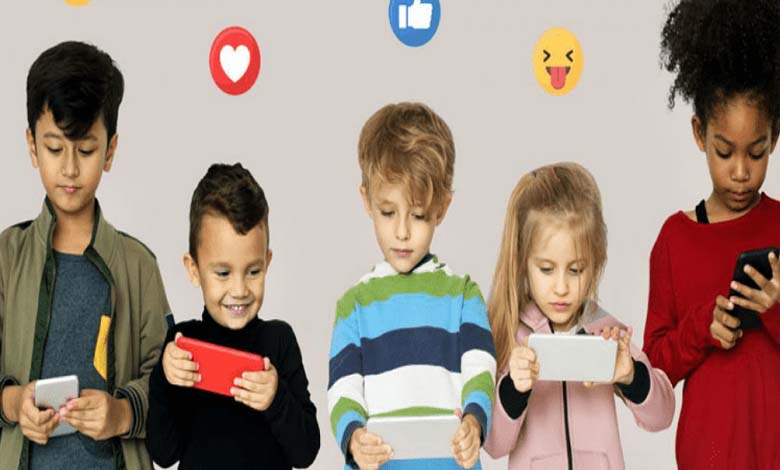School or Parents… Who is Responsible for Protecting Children from Social Media?

Studies have shown that excessive use of social media can lead to depression and anxiety, especially among young teenagers, according to AP News.
To protect children from the potential dangers of social media, experts suggest finding a balanced approach that includes educating children about the risks and benefits of these platforms, avoiding both complete prohibition and total freedom. This approach should provide children with the tools and information they need to navigate the digital world effectively.
Natalie Bazarova, a professor of communications, emphasizes the importance of age-appropriate education and practice in handling these platforms.
Parents and School
While some parents may lack the knowledge or time to provide comprehensive education on social media use, even vigilant parents cannot fully ensure their children’s safety online.
Nevine Radwan, who restricted her children’s access to social media, experienced her daughter falling into the trap of harmful content and developing an eating disorder. Radwan now advocates for holding tech giants accountable for the harm caused by their platforms.
Although parents play a crucial role, schools are considered key places for teaching digital citizenship. However, few schools currently offer comprehensive programs on digital literacy and online safety. Teachers, already facing challenges in delivering the regular curriculum, often see extracurricular activities requiring students to be active on social media.
Some schools choose to ban phones entirely, but children often find ways to circumvent these restrictions. Effectively addressing the challenges posed by social media requires acknowledging its presence and educating children on how to engage with it safely.
Mirv Labos from Common Sense Media stresses the need to validate the pressures children feel on social media and to engage in meaningful conversations with them.
In summary, finding a balanced approach that involves educating children about social media and its risks and opportunities requires a crucial role from parents, along with active contribution from schools by integrating digital citizenship into their curricula. Non-profit organizations and advocacy groups also step in to support young people suffering from the misuse of social media. The key lies in empowering children with the knowledge and tools necessary to navigate the digital world safely and responsibly.












